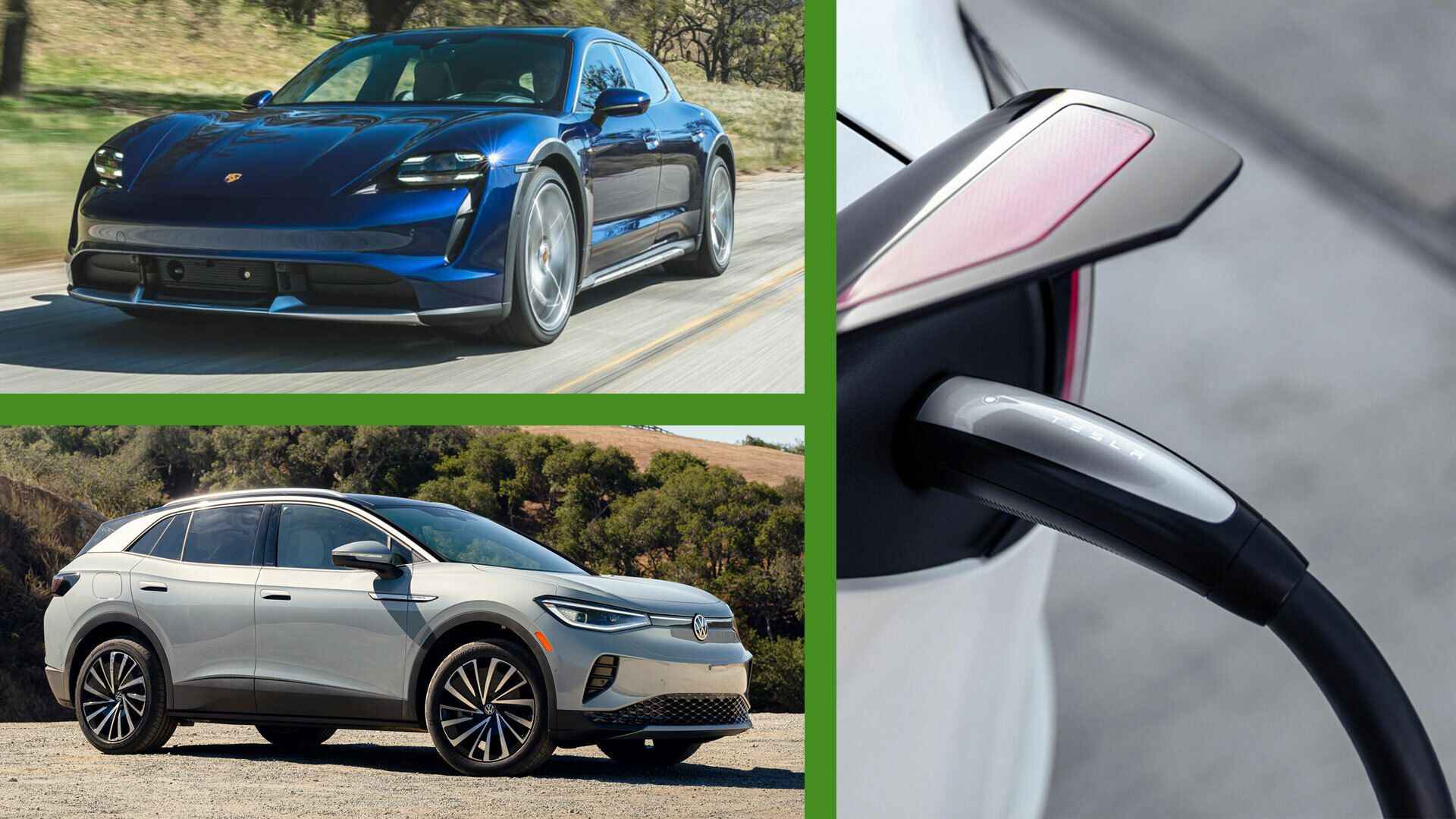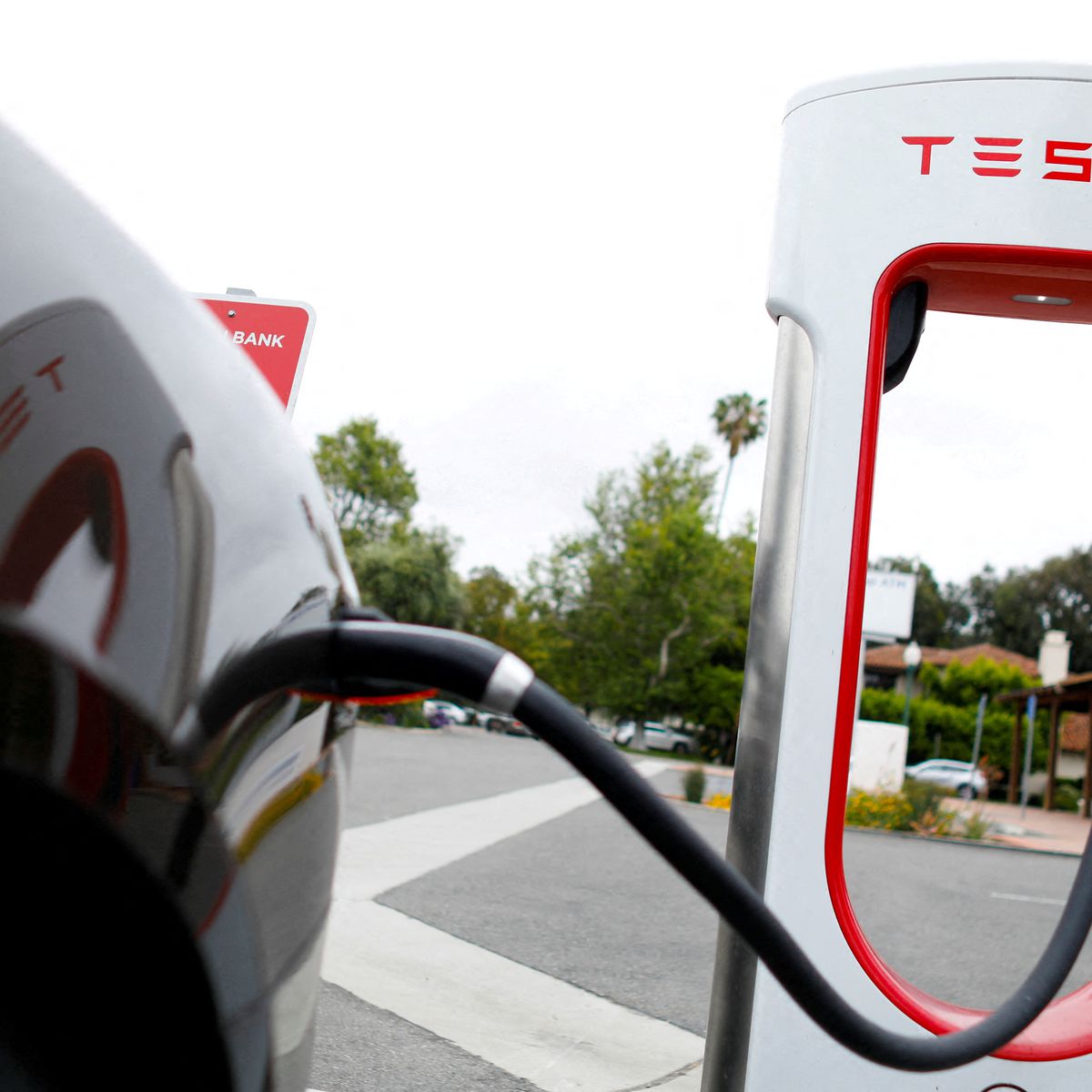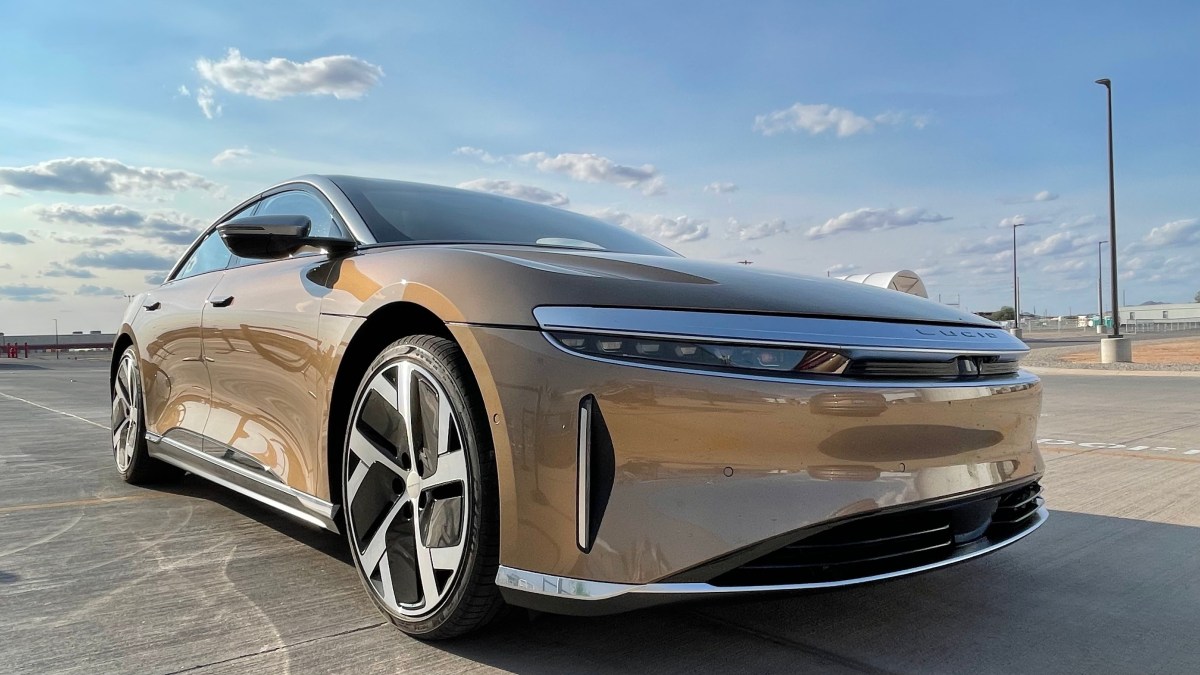As the world shifts towards electric vehicles (EVs) and sustainable transportation, major automakers General Motors (GM) and Toyota find themselves facing significant challenges. Both companies, once leaders in the automotive industry, are now grappling with the complexities of transitioning from fossil fuel vehicles to EVs.
Key Takeaway
GM and Toyota are facing significant challenges in the transition to electric vehicles. GM’s financial moves, while initially pleasing shareholders, raise concerns about the company’s ability to fund its EV plans. Toyota, on the other hand, has been slow to embrace electric vehicles and has focused on hydrogen fuel cell technology instead. The success of both companies in the EV race will determine their future in the automotive industry.
Lukewarm Reception to GM’s Financial Moves
Last week, GM made headlines with its announcement to boost its dividend and initiate a $10 billion share buyback. While this pleased shareholders initially, there are concerns that it may come at a cost to the company’s future. By erasing this year’s net income and diverting funds towards financial engineering, GM may hinder its ability to fund the transition to electric vehicles as intended. This move is seen by many as an attempt to prop up the company’s share price, which has remained stagnant for the past five years.
The Pressure on GM’s CEO, Mary Barra
GM’s CEO, Mary Barra, is faced with the daunting task of navigating the company through this critical period of transition. Despite GM’s overall profitability over the past decade, the market’s lukewarm response indicates skepticism regarding the company’s ability to execute its plans successfully. The share buybacks may provide a temporary boost to the stock price, but they fail to address the underlying concerns surrounding GM’s capacity to adapt to the EV revolution.
Toyota’s Struggle to Adapt
While GM faces its own challenges, Toyota, a Japanese automotive giant, also finds itself grappling with the EV transition. Although Toyota has been a pioneer in hybrid vehicles with its successful Prius model, the company has been slow to fully embrace electric vehicles. As a result, Toyota has fallen behind competitors such as Tesla and GM in the EV market. The company’s focus on hydrogen fuel cell technology has further diverted attention and resources away from EV development.
The High Stakes in the EV Race
The struggles of GM and Toyota highlight the high stakes in the race to dominate the EV market. With governments around the world implementing stricter emissions regulations and consumers demanding more sustainable transportation options, automakers must adapt or risk being left behind. Companies that successfully navigate this transition will not only secure their position in the industry but also play a vital role in shaping the future of transportation.

























